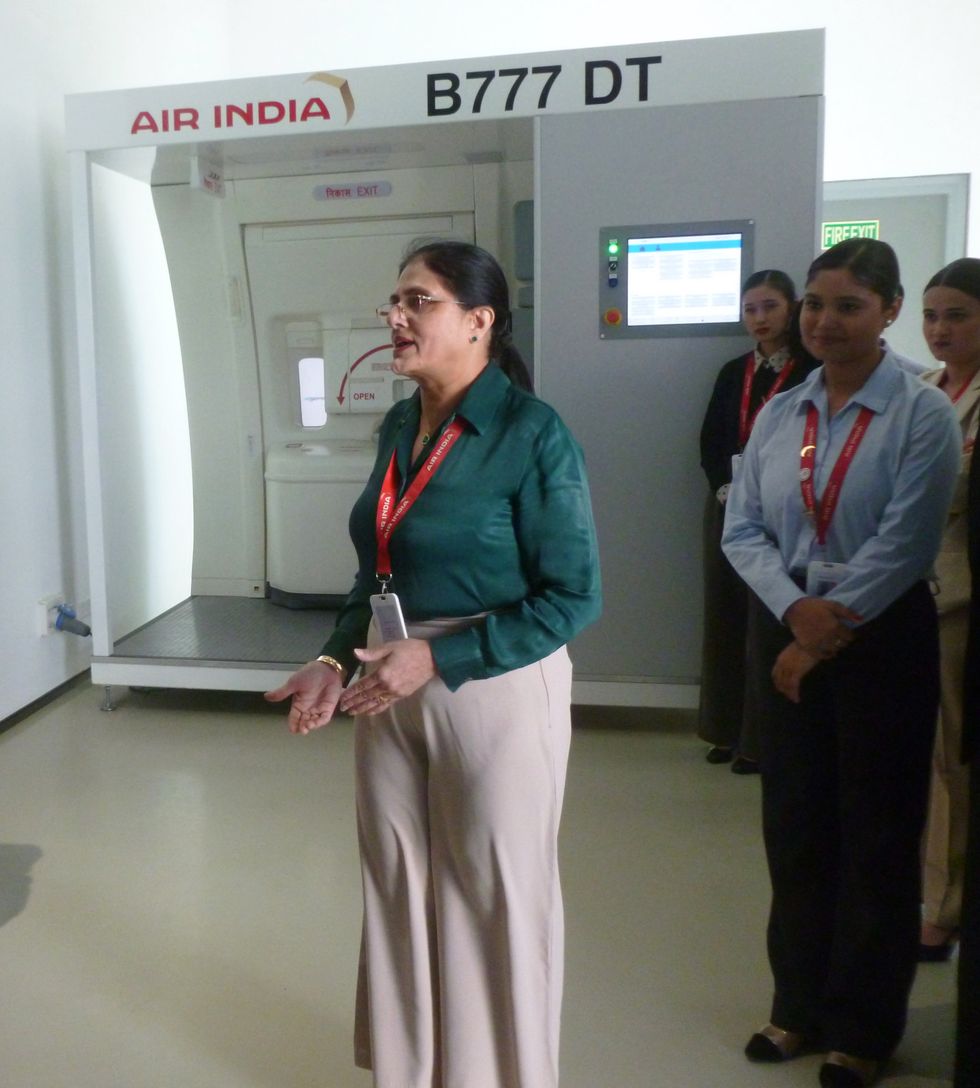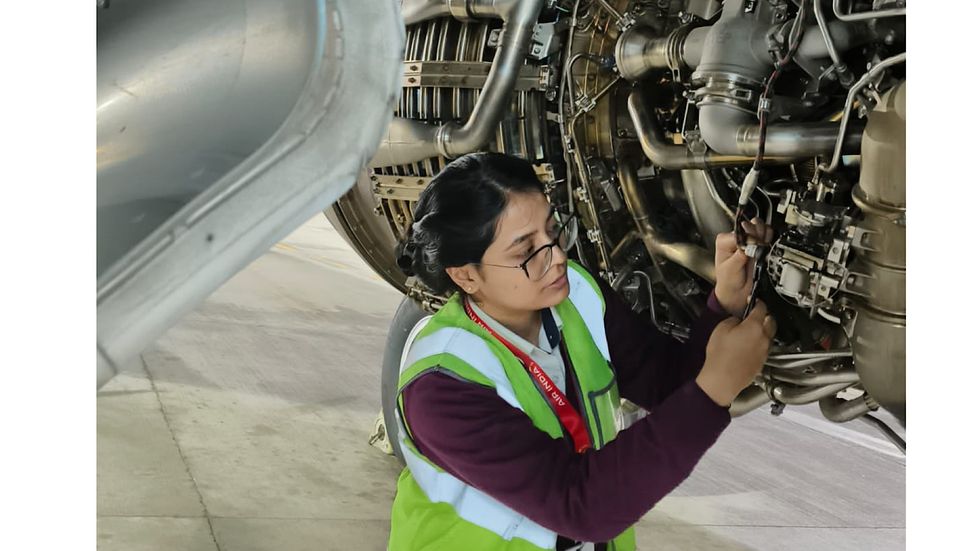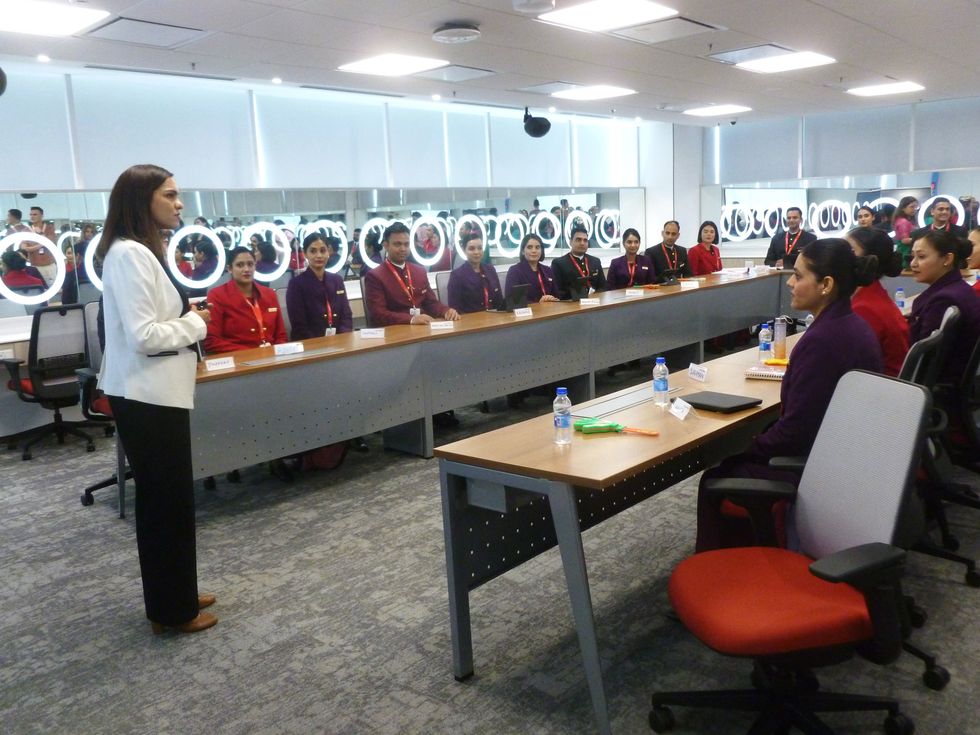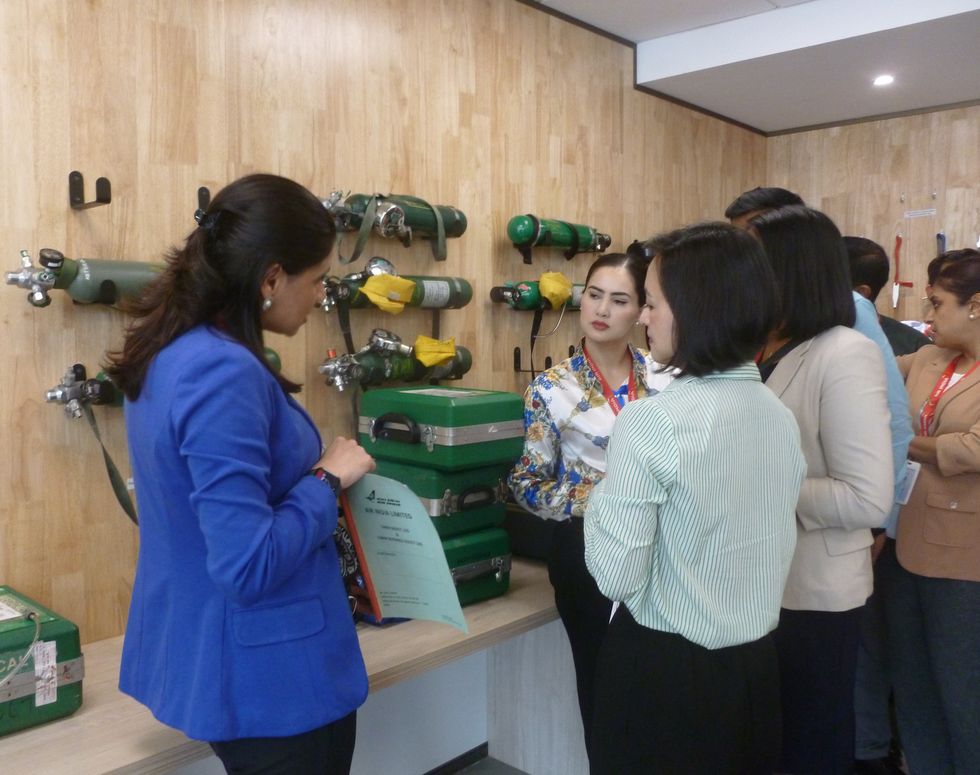THE INDIAN government has decided to let a £17.8 billion scheme aimed at boosting domestic manufacturing expire, four years after its launch.
The programme, designed to attract firms away from China, will not be expanded or extended, according to four government officials.
Two officials confirmed that the scheme would remain limited to the 14 pilot sectors initially selected. Requests from some participating firms for extensions to production deadlines have also been denied.
Around 750 companies, including Apple supplier Foxconn and Reliance Industries, signed up for the Production-Linked Incentive (PLI) scheme, which offered cash incentives for meeting production targets. The goal was to increase the share of manufacturing in India’s economy to 25 per cent by 2025.
However, many firms struggled to start production, while others that met their targets faced delays in receiving subsidies, according to government documents and correspondence reviewed by Reuters.
As of October 2024, participating firms had produced £117.8 billion worth of goods—37 per cent of the target set by Delhi—while India had disbursed only £1.3 billion in incentives, less than 8 per cent of the allocated funds, a commerce ministry analysis showed.
News of the government’s decision not to extend the plan, as well as details about the delays in payouts, is being reported by Reuters for the first time.
The prime minister’s office and the commerce ministry, which oversees the scheme, did not respond to requests for comment. Since the programme’s launch, manufacturing’s share of India’s economy has fallen from 15.4 per cent to 14.3 per cent.
Foxconn, which now employs thousands of contract workers in India, and Reliance did not comment.
Two government officials stated that while the scheme is ending, the government is still focused on boosting manufacturing and is considering alternative support measures.
Last year, the government defended the programme’s impact, particularly in the pharmaceutical and mobile-phone sectors, which have seen significant growth. Between April and October 2024, 94 per cent of the nearly £480 million in incentives distributed went to these industries.
Some companies in the food sector failed to receive subsidies due to not meeting investment thresholds or growth targets, according to the commerce ministry’s analysis.
The document did not specify which companies were affected, though it noted that overall production in the sector had exceeded targets. Reuters could not verify which companies were referenced.
The government had previously acknowledged difficulties with the scheme, agreeing to extend some deadlines and increase payment frequency following complaints. However, excessive bureaucracy continued to hinder its effectiveness, according to one government official.
As an alternative, India is considering a policy that would partially reimburse investment costs for setting up plants, allowing companies to recover expenses more quickly than waiting for production-linked payouts, another official said.
Biswajit Dhar, a trade expert at the Delhi-based Council for Social Development, said the government may have missed a key opportunity.
The programme was "possibly the last chance we had to revive our manufacturing sector," he said. "If this kind of mega-scheme fails, do you have any expectation that anything is going to succeed?"
India’s efforts to strengthen manufacturing come as it faces new trade challenges, including potential tariffs from US president Donald Trump, who has criticised Delhi’s protectionist policies.
Hits and misses
The scheme was launched at a time when China’s strict zero-COVID policies were disrupting production, and multinational companies were looking to reduce dependence on Beijing under a "China plus one" strategy.
With its young workforce, lower costs, and government policies aligned with Western interests, India appeared well-positioned to benefit. The country has since emerged as a major player in pharmaceutical and mobile-phone manufacturing.
India produced £38 billion worth of mobile phones in 2023-24, a 63 per cent increase from 2020-21, according to government data. Apple, which initially focused on low-cost models in India, now manufactures its latest smartphones there.
Similarly, pharmaceutical exports reached £21.6 billion in 2023-24, nearly double the figure from a decade ago.
However, other sectors, including steel, textiles, and solar panel manufacturing, did not see the same success. India continues to face competition from lower-cost producers, particularly China.
A December 2024 report from the renewable energy ministry found that eight of the 12 solar companies in the PLI scheme were unlikely to meet targets. These included units of Reliance, Adani Group, and JSW.
The report noted that Reliance was projected to achieve only 50 per cent of its production target for 2027, while Adani had yet to order key manufacturing equipment, and JSW had not begun operations.
JSW declined to comment, and Adani did not respond to questions.
The commerce ministry rejected a request from the renewables ministry to extend the scheme beyond 2027, stating that doing so "will result in unfair benefit for non-performers."
The renewables ministry told Reuters it remains committed to "fairness and accountability" and ensuring that only companies meeting targets receive rewards.
In the steel sector, investment and production also fell behind expectations. Fourteen of the 58 approved projects were withdrawn or removed due to lack of progress, according to the commerce ministry’s analysis.
(Reuters)

















 A briefing session on opening cabin doors in the event of an emergency
A briefing session on opening cabin doors in the event of an emergency Shradha Dabral checks an aircraft engine
Shradha Dabral checks an aircraft engine A session on cosmetics and grooming
A session on cosmetics and grooming Air India employees are trained in handle pilot incapacitation emergencies
Air India employees are trained in handle pilot incapacitation emergencies Women are taught how to bring fires under control
Women are taught how to bring fires under control Crew members attend a session on fine dining etiquette
Crew members attend a session on fine dining etiquette Designer Manish Malhotra
Designer Manish Malhotra
